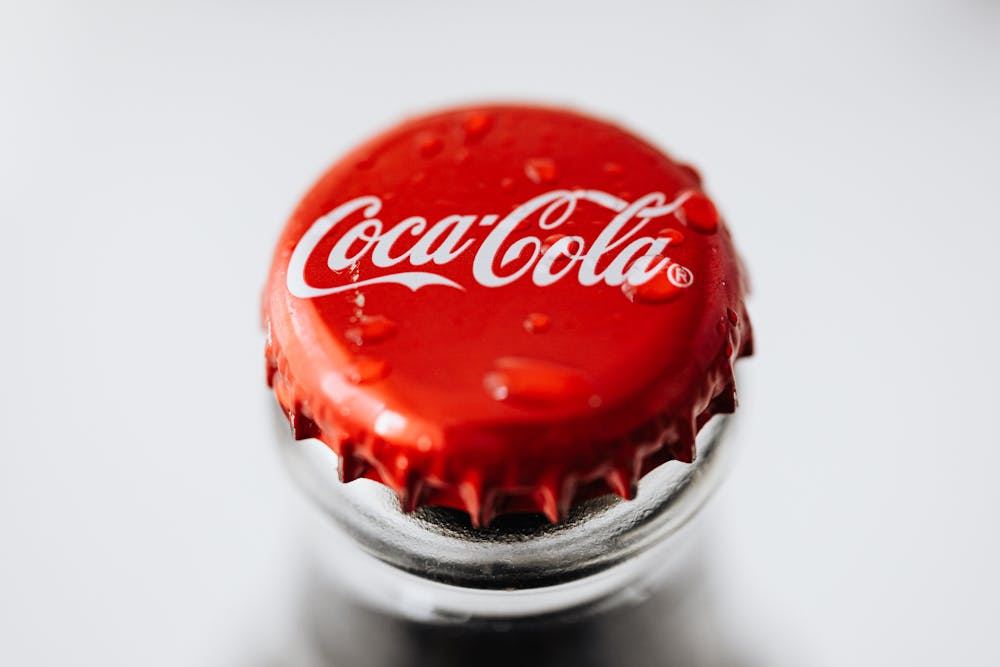As I embark on my journey toward better health and wellness, I’ve come to realize the vital importance of hydration in supporting my overall well-being. Water is not just a basic necessity; it’s a fundamental element that our bodies rely on to function optimally. But how much water do we really need to stay properly hydrated?
 The answer to this question depends on various factors, including our age, gender, weight, activity level, climate, and overall health. While the commonly cited recommendation is to drink eight 8-ounce glasses of water per day, known as the “8×8” rule, individual hydration needs can vary significantly.
The answer to this question depends on various factors, including our age, gender, weight, activity level, climate, and overall health. While the commonly cited recommendation is to drink eight 8-ounce glasses of water per day, known as the “8×8” rule, individual hydration needs can vary significantly.
 One helpful guideline to determine adequate hydration is to listen to our body’s signals of thirst and monitor the color of our urine. Feeling thirsty is a clear indication that our body needs fluids, and drinking water in response to thirst is an effective way to maintain hydration. Additionally, the color of our urine can provide valuable insights into our hydration status. Pale yellow urine is a sign of proper hydration, while dark yellow or amber-colored urine may indicate dehydration and the need to drink more fluids.
One helpful guideline to determine adequate hydration is to listen to our body’s signals of thirst and monitor the color of our urine. Feeling thirsty is a clear indication that our body needs fluids, and drinking water in response to thirst is an effective way to maintain hydration. Additionally, the color of our urine can provide valuable insights into our hydration status. Pale yellow urine is a sign of proper hydration, while dark yellow or amber-colored urine may indicate dehydration and the need to drink more fluids.
 In addition to water, we can also obtain fluids from other beverages and water-rich foods such as fruits and vegetables. While water is the best choice for hydration, herbal teas, infused water, coconut water, and low-sugar electrolyte drinks can also contribute to our daily fluid intake. However, it’s important to be mindful of added sugars, caffeine, and alcohol in certain beverages, as they can have diuretic effects and contribute to dehydration if consumed in excess.
In addition to water, we can also obtain fluids from other beverages and water-rich foods such as fruits and vegetables. While water is the best choice for hydration, herbal teas, infused water, coconut water, and low-sugar electrolyte drinks can also contribute to our daily fluid intake. However, it’s important to be mindful of added sugars, caffeine, and alcohol in certain beverages, as they can have diuretic effects and contribute to dehydration if consumed in excess.
 It’s worth noting that our hydration needs can fluctuate throughout the day and in response to factors such as physical activity, temperature, humidity, and illness. During periods of increased activity or exposure to hot weather, we may need to drink more water to replace fluids lost through sweat and prevent dehydration. Similarly, certain medical conditions such as fever, vomiting, diarrhea, or urinary tract infections may increase our fluid requirements and necessitate closer attention to hydration.
It’s worth noting that our hydration needs can fluctuate throughout the day and in response to factors such as physical activity, temperature, humidity, and illness. During periods of increased activity or exposure to hot weather, we may need to drink more water to replace fluids lost through sweat and prevent dehydration. Similarly, certain medical conditions such as fever, vomiting, diarrhea, or urinary tract infections may increase our fluid requirements and necessitate closer attention to hydration.
 While it’s essential to stay hydrated, it’s also possible to overhydrate, a condition known as hyponatremia, which occurs when the body’s sodium levels become too diluted. To prevent overhydration, it’s important to drink fluids in moderation and avoid excessive water intake, especially during intense physical activity or endurance events.
While it’s essential to stay hydrated, it’s also possible to overhydrate, a condition known as hyponatremia, which occurs when the body’s sodium levels become too diluted. To prevent overhydration, it’s important to drink fluids in moderation and avoid excessive water intake, especially during intense physical activity or endurance events.
 In conclusion, the importance of hydration cannot be overstated. Water plays a crucial role in regulating body temperature, lubricating joints, transporting nutrients, flushing out toxins, and supporting overall health and well-being. By paying attention to our body’s signals of thirst, monitoring the color of our urine, and drinking fluids in response to our hydration needs, we can ensure that we stay properly hydrated and maintain optimal health and vitality. As I continue on my journey toward better hydration, I’m committed to listening to my body’s needs and prioritizing hydration as a cornerstone of my wellness routine.
In conclusion, the importance of hydration cannot be overstated. Water plays a crucial role in regulating body temperature, lubricating joints, transporting nutrients, flushing out toxins, and supporting overall health and well-being. By paying attention to our body’s signals of thirst, monitoring the color of our urine, and drinking fluids in response to our hydration needs, we can ensure that we stay properly hydrated and maintain optimal health and vitality. As I continue on my journey toward better hydration, I’m committed to listening to my body’s needs and prioritizing hydration as a cornerstone of my wellness routine.




![Detox Your Home [Guide]: How to Create a Healthier Living Space purification for detox your home [guide]: how to create a healthier living space](https://www.trendynutritionhub.com/wp-content/uploads/2025/11/temp_purification_1763342236-150x150.webp)

![Boost Your Energy: A Natural Morning Routine Guide [2025] habits for boost your energy: a natural morning routine guide [2025]](https://www.trendynutritionhub.com/wp-content/uploads/2025/11/temp_habits_1763342040-150x150.webp)
![Unlocking Wellness: How to Reduce Exposure to Toxins [2025] living for unlocking wellness: how to reduce exposure to toxins [2025]](https://www.trendynutritionhub.com/wp-content/uploads/2025/11/temp_living_1763341946-150x150.webp)


